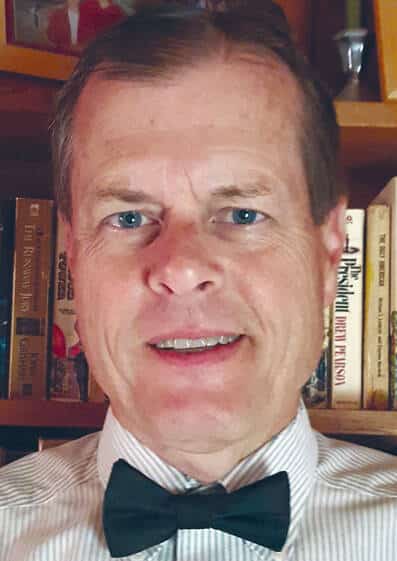
By David Lindeman
Contributing columnist
One of the mantras of modern society is: “Trust the science!”
Every time I hear that I want to say, “Wait! Not so fast! Let’s think about this.”
Before you get really angry and call me a Neanderthal and other names we cannot print in the newspaper, I want you to know that I am vaccinated. Boosted, too. I have more holes in me than a pin cushion in a tailor’s shop.
But historically speaking, blind trust in science hasn’t always worked out so well. It’s usually a mixed bag.
Take global warming. Scientists are telling us that unless we get this under control, we are going to wipe ourselves out. That probably is true. However, it was science that got us in this mess to begin with.
When the internal combustion engine was invented, it was hailed as a savior for cities, which were being buried in horse poop. Clean air! Couple that with science’s discovery of how to generate electricity by burning coal and other industrial revolution advances, and presto! Global warming. It’s kind of like a guy who builds your house wrong and then wants to charge you to repair it.
Then there’s the famous case of Alfred Nobel, who thought his creation of dynamite would make the world a better place. It did, too, if you were digging a mine or building a railroad. Unfortunately, it also made it easier to blow up other people. When Nobel’s brother died, various publications thought it was Alfred who had gone to the great beyond and printed a premature obituary for him that read, “Dr. Alfred Nobel, who became rich by finding ways to kill more people faster than ever before, died yesterday.” He was so distraught that he donated a bunch of money to create the Nobel Peace Prize.
Atomic power? Created by scientists initially to kill lots of people quicker, then harnessed into a supposedly clean form of energy, except when the scientists mess up and runaway nuclear power lays waste to vast sections of the landscape (see “Chernobyl”).
Scientists are telling us if we want to be healthy, we should stop eating all those food additives – which, by the way, were invented by other scientists.
Alas, some of us seem to think that scientists are demigods of some sort who are working only for the benefit of mankind. Many of them are miracle workers, and I am thankful for all the medical advances and other discoveries that make our lives better.
But just because scientists are smarter than us about science, it doesn’t mean they are experts when it comes to morals or ethics or common sense or understanding the consequences of their discoveries. They’re just like the rest of us, often motivated by making ends meet or making a little extra cash or getting some form of recognition.
When some people say “trust the science,” they are really saying “trust the science I happen to agree with.” If those people really trusted all science, they would get rid of their gasoline-powered cars, never get on a plane and just ride their bicycles; eat nothing but food grown in their own garden without using any pesticides or weed killers; probably not eat any meat (or sugar, either); never exceed the speed limit; and a whole host of other things most of us ignore at one time or another.
Then there’s the history of COVID-19 itself. Science often doesn’t have the answers. Remember the pictures of all those guys in hazmat suits spraying down subway stations? Oops, unnecessary. Wearing masks outside in parks? Oops, not needed. I’m not being critical of those efforts, because when you don’t know you have to be careful. But science often just doesn’t know.
I prefer to think like Ronald Reagan, who once said of the Russians and a proposed nuclear agreement, “Trust, but verify.” Questioning results (and I would say motivation as well) actually is part of the scientific method. So thanks for the vaccine, I think it was a medical miracle. Thanks for all the cool things that make my life easier. But please don’t get too mad at me when I hesitate to trust every proclaimed scientific achievement. Like all the rest of us mere mortals, scientists can be mistaken.


